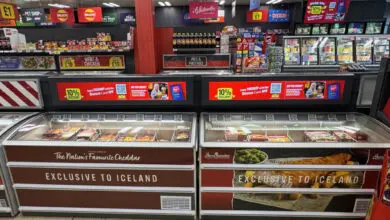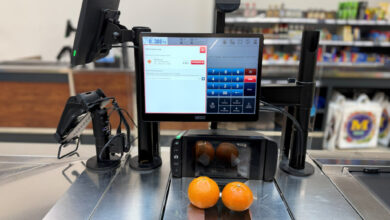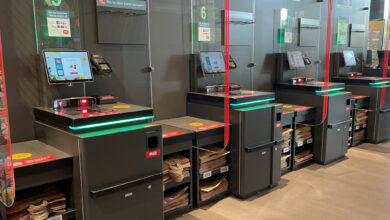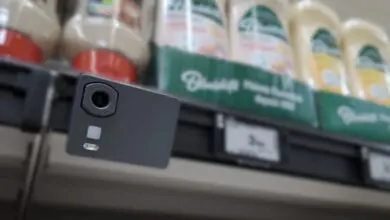Instacart aims to bring Fabric picking automation technology to its retail partners
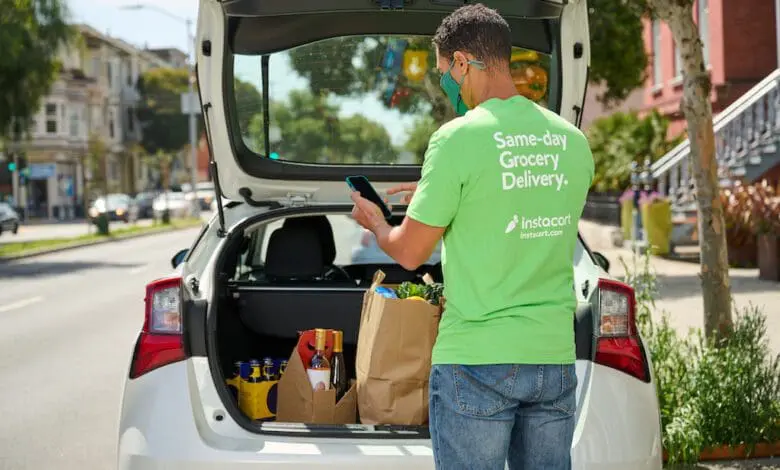
Grocery delivery service Instacart is adding automation technology from Fabric to its service offering for US and Canadian retailers. Instacart describes the strategic partnership with the start-up company as the first phase of a strategy called the ‘Next-Generation Fulfillment Initiative’. With this, the delivery service aims to more efficiently handle the online grocery delivery business of retailers such as Walmart.
Instacart plans to combine its picking software with Fabric’s robotics solutions to make the work of its so-called shoppers at its retail partners more efficient. The retail companies are to build micro-fulfilment centres at their stores, but also at distribution centres, according to the delivery service’s ideas. As early as next year, Instacart wants to set up the first pilot installations together with retail partners.
Picking in the store burdens the processes
Customers can shop online at selected retailers in their vicinity via the Instacart website. The largest US retailer, Walmart, also relies on Instacart. With its teams of so-called shoppers, the delivery service takes over the picking of goods at the respective sales outlet and delivers them directly to the customer’s home or makes them available for collection. As the number of online orders grows, this can become a problem. Customers can feel inconvenienced by Instacart staff. For them, assembling the shopping baskets in the store is often tedious and time-consuming.
Therefore, the delivery service was looking for ways to make this process more flexible and efficient. Fabric’s automation solutions enable the construction of Micro Fulfillment Centres (MFC) as dedicated delivery warehouses or directly attached to the store.
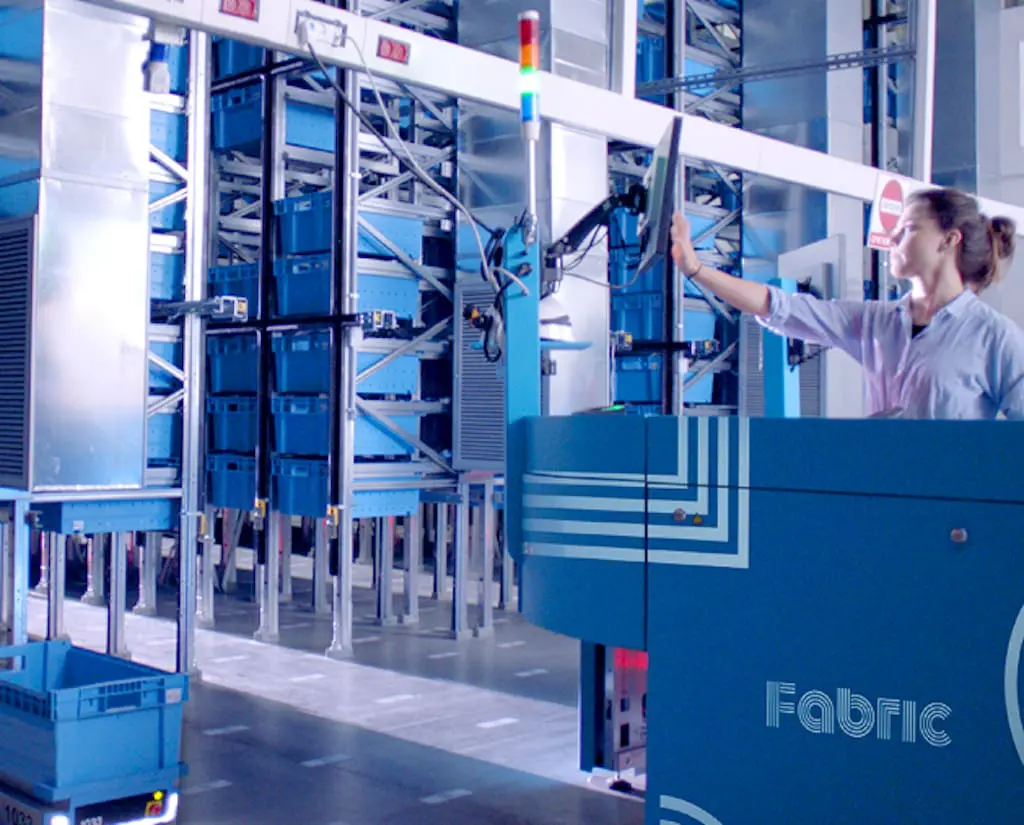
Robots and staff work hand in hand
Based on the goods-to-person principle, autonomous vehicles bring the items to the packing station. Fabric provides AI software-controlled robotic arms that can automatically depalletise packaged products. Loose goods, such as fruit and vegetables, are manually assembled by employees at special stations. The manufacturer claims to be able to pick customer orders within 10 minutes.
In future, Instacart will offer retailers a combination of its well-known services and customised automation solutions. Exactly how these will be configured is not yet known.

